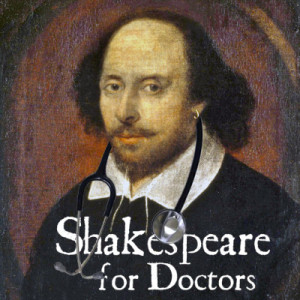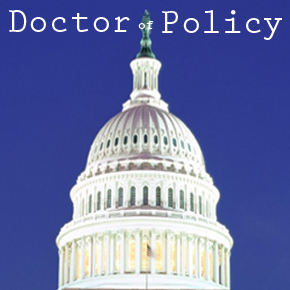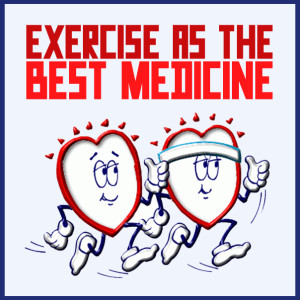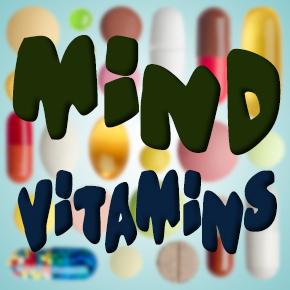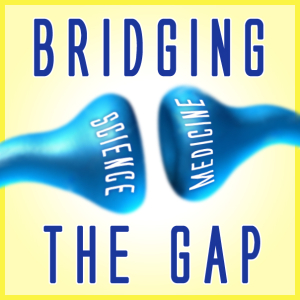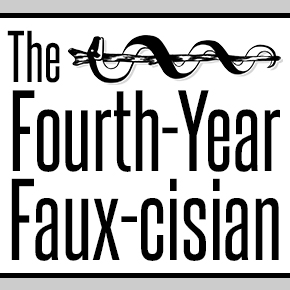Henry VI, Part One: Piecing a Patient History Together
Picture the following two scenarios: The funeral procession of Henry V passes through Westminster Abbey, and the following remark is made: “The King from Eltham I intend to steal, / And sit at chiefest stern of public weal.” The second scenario is a physician who goes into an exam room and hears the patient talking about his “stomach pain,” intake of “spicy foods,” and his “use of Advil for headache relief.” These are two entirely unrelated scenarios, yes, but the shared theme is that both dialogues contain important clues to a bigger picture.







